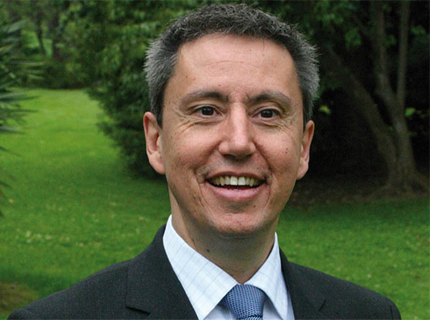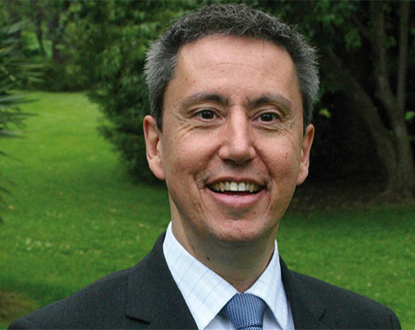Marisol Touraine, Minister of Health, has just announced the generalization of third-party payment by 2017. It allows patients not to pay for their general practitioner appointments, as it is directly reimbursed by Health Insurance and supplementary insurance. A system already practiced in most European countries.
 The Confederation of French Medical Unions has expressed its “skepticism” following the announcement of the generalization of third-party payment by Marisol Touraine.
The Confederation of French Medical Unions has expressed its “skepticism” following the announcement of the generalization of third-party payment by Marisol Touraine.
On the other hand, the Federation of Doctors of France has warned that it will oppose this “demagogic measure”.
In Europe, advancing the costs of a consultation with a general practitioner is an exception. Among the twenty-eight EU member countries, only four require patients to advance the payment of a consultation with a general practitioner.
As in France, some European countries have adopted the principle of a referring physician. This ensures both coverage of their consultations by public organizations and the care from specialists to whom they are referred.
The path of reforms being … steep, ideas and interests being divergent, even opposed, we are also publishing a contribution by Hervé Cael, a person involved in association and political life, and moreover a doctor by profession.
And if the generalized third-party payment of medical fees is a prime example of a false good idea?
In health matters, it seems that the government’s latest idea is to put back on the table the generalization of the waiver of advance payments for medical fees.
At first glance, such a decision might seem particularly advantageous for patients who could thus consult a doctor without spending money. But at the risk of exposing myself to popular criticism, I wish to dwell, critically, for a few moments on such a measure. My ears already echo with accusations of corporatism or excessive liberalism, incompatible with one of the major challenges of our society: accessibility to care.
To counter this argument, let’s immediately remember that the current regulation largely allows doctors to provide their patients with third-party payment. Third-party payment for medical fees is indeed practiced in many situations: work accidents, occupational diseases, preventive actions carried out as part of an organized screening, fees received during hospitalization in an accredited institution, care provided to people benefiting from universal health coverage (CMU) or state medical aid (AME), acts within the framework of on-call care…
This list is neither exhaustive nor limiting, and each doctor has the opportunity to grant third-party payment to patients who need it, particularly those facing financial difficulties (Sources: Health Insurance website). These arrangements must be maintained.
Under these conditions, one might question the announcements from the health minister in this area. At best, we are witnessing another communication operation… but I am not excluding a new surge of acute dogmatism.
François Hollande himself, in his presidential project, did not mention a generalization of third-party payment. I will reiterate his position here: “I will secure access to care for all French people by controlling fee overruns, promoting a reduction in the price of medicines, and eliminating the entrance fee in the state medical aid system.”
The generalization of third-party payment for medical fees is not only unnecessary, but it also presents a significant number of “side effects”:
Inevitably, this measure will lead to an increase in the number of medical acts due to patient irresponsibility. At the risk of being politically incorrect, I will emphasize a reality known to all practitioners: the difference in “medical consumption” between patients advancing fees and those who are exempt. It is obvious that other factors come into play, particularly those related to the level of “medical culture,” but daily practice pleads in favor of particular behaviors in case of automatic third-party payment.
As a doctor, a position liable to corporate criticism would be to endorse a system that would lead to an inflation of the number of acts. We must be careful not to focus on the tree that could hide the forest.
The generalization of third-party payment will inevitably lead to a shift in the very foundations of the French health system. A medical consultation represents a unique dialogue between a practitioner and their patient. How can we not imagine that the generalization of third-party payment will not alter this essential and special relationship between a patient and their doctor in the short or medium term?
Many rightly praise the quality of the health system in France. However, we must keep in mind the fragility of an increasingly technical and complex organization, in a constrained economic environment, based on a few fundamental pillars.
Among them, let’s mention the coexistence of a private sector and a public sector and the responsibility of the medical profession and patients. Let’s be careful not to make mistakes that would take us years to correct.
Dr. Hervé Cael
President of the Vivre Nice association



